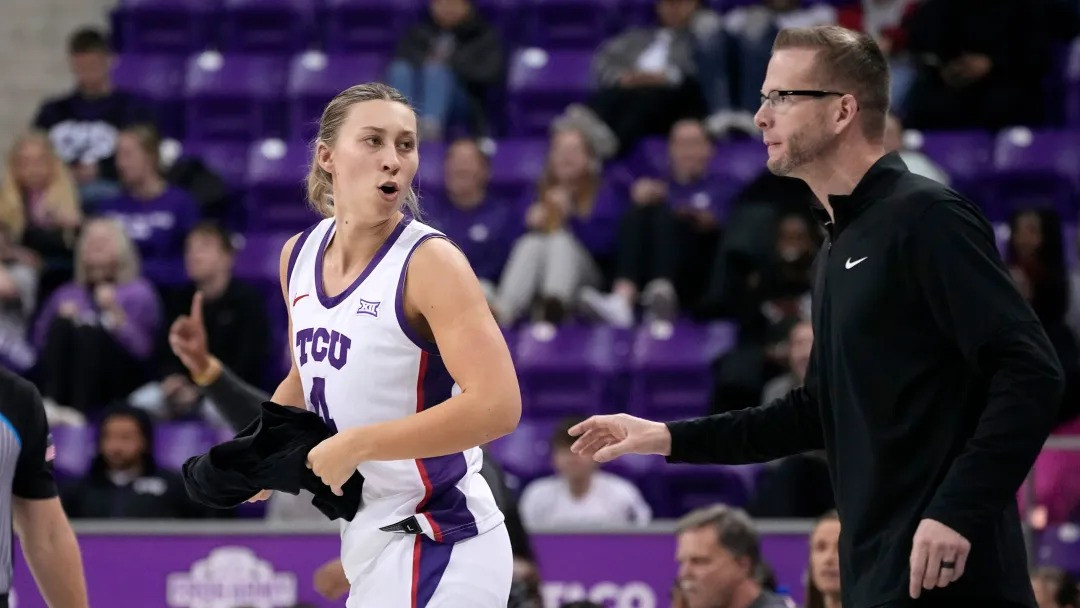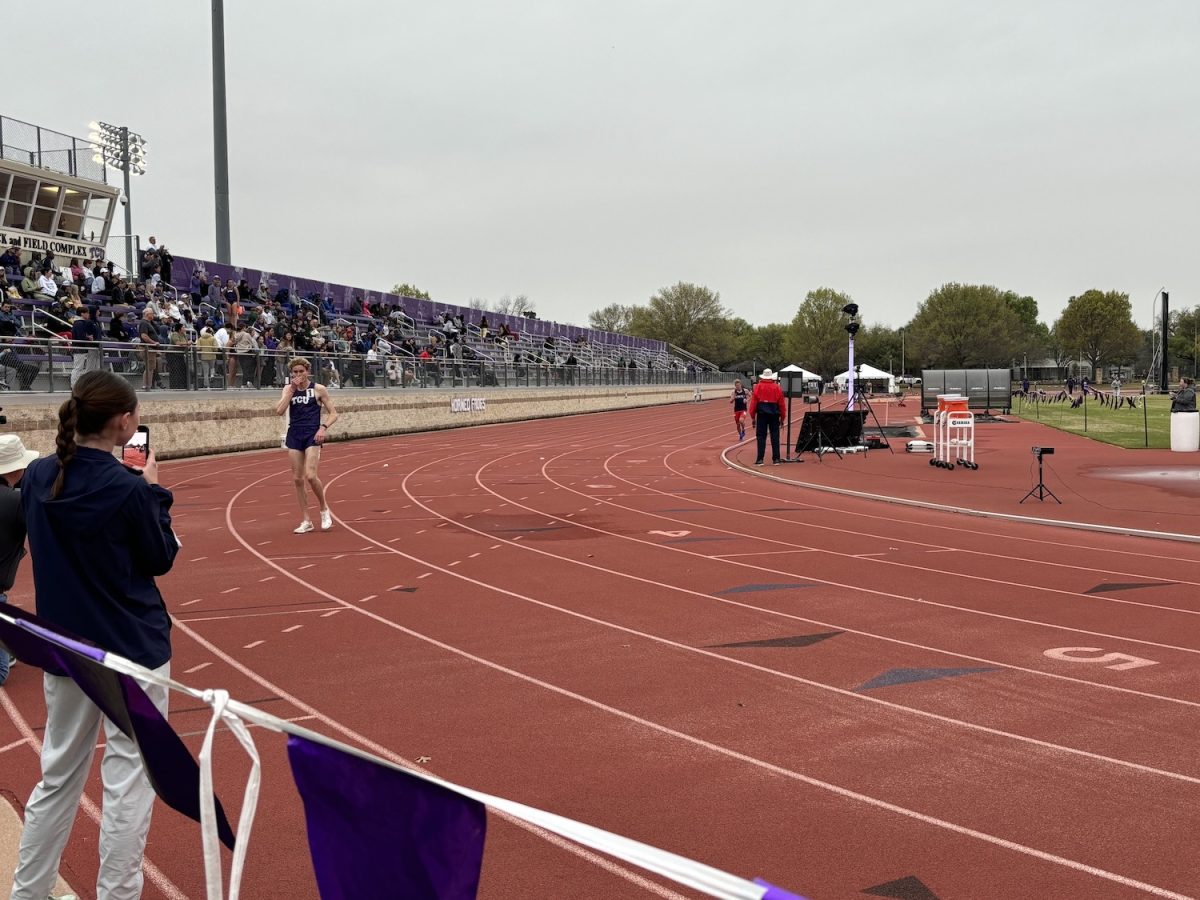Former TCU student athletes say that a recent NCAA decision to give all Division 1 athletes, walk-ons and scholarship athletes unlimited meals and snacks in conjunction with their athletics participation is good, but it doesn’t solve all of their problems.
Previously, student athletes received three meals a day or a food stipend.
“We fully support the decision by the NCAA’s legislative council to expand the meal allowance for all student-athletes,” TCU Director of Athletics Chris Del Conte said in a statement.
The new policy has now caught the attention of former TCU athletes. Ex-linebacker Kris Gardner said he’s supportive of the new policy, but also believes there’s still a need for compensating college athletes.
“It’s a small step heading in the right direction,” Gardner said.
In the legislative council’s agenda document, which was distributed prior to last week’s meeting, the NCAA said the proposal would allow a school to “determine how to best meet the additional nutritional needs of its student-athletes,” specifically citing that something like a late-night meal would be permitted.
“When you practice one or two times a day you need to refill yourself,” former track and field athlete Saria Hawkins said.
The council’s decision was approved after University of Connecticut basketball player Shabazz Napier said in an interview that sometimes he goes to bed starving. The announcement was a feeling that some TCU former athletes could relate to.
Former defensive tackle Theo Anderson said he remembers how about ninety-eight percent of his teammates came from financially struggling backgrounds.
“We didn’t come from the TCU upbringing,” Anderson said.
Throughout the years, there have been many debates arguing a full tuition toward a college degree is compensation enough.
“A lot of athletes lived in poverty,” Anderson said. “Not to say that the university didn’t take care of us, but they still need money to live like normal students.”
Gardner said his mother Lori would host cookouts for his teammates.
“I was fortunate to have food and drinks all the time, but I know everyone was not in my situation,” Gardner said.
Lori Gardner says she enjoyed the experience of interacting with the team.
“It was a lot of work and time, but very rewarding to see the young men come over to enjoy a home cook meal,” Lori Gardner said. “It was a touch of home for them.”
Anderson believes many complaints and lawsuits against the NCAA in the past had a significant impact on changing their previous policy.
“When you start rattling the cage people are going to start listening,” Anderson said.
Despite the proposed changes, some still believes the road to progress for college athletes is an ongoing battle.
“The needs of athletes constantly evolves,” Hawkins said. “It will never come to a point to where nothing is not needed.”
The rules are scheduled to be finalized only after the Division I Board of Directors meets Thursday.






